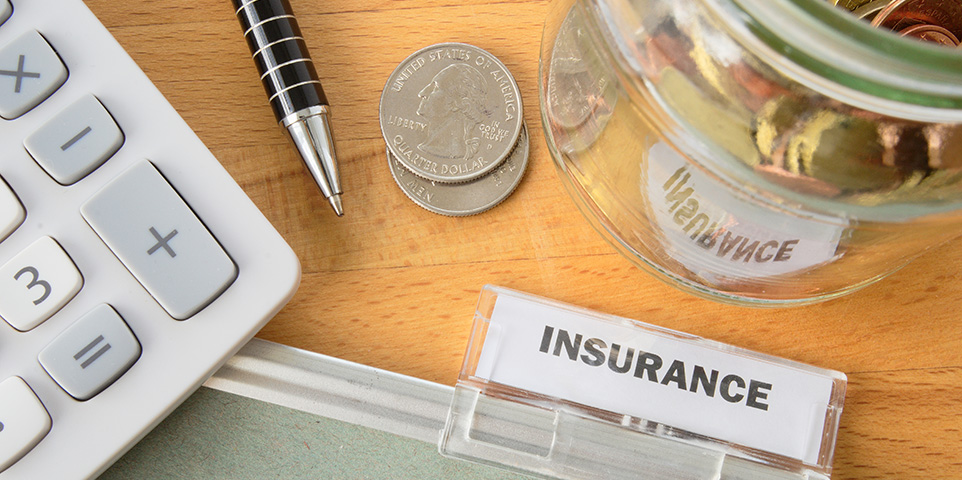Securing Residence a Guide to Homeowners Insurance
Owning a home is a significant milestone in life, but safeguarding it against unforeseen events is equally important. Homeowners insurance provides a safety net, offering financial protection against various risks that could potentially damage or destroy your residence. Understanding the fundamentals of homeowners insurance is essential for ensuring your peace of mind and the security of your investment. One of the primary components of homeowners insurance is property coverage. This coverage typically includes protection for the physical structure of your home, and other structures on your property such as garages, sheds, and fences. In the event of perils like fire, vandalism, or natural disasters, property coverage can help cover the cost of repairs or rebuilding, up to the policy’s limits. In addition to property coverage, homeowners insurance often includes coverage for personal belongings. This aspect of the policy can help replace or repair items such as furniture, clothing, and electronics if they are damaged or stolen. It is essential to take inventory of your possessions and ensure that you have adequate coverage to replace them in the event of a loss.

Liability coverage is another critical component of homeowners insurance. This coverage protects you financially if someone is injured on your property and decides to sue you for damages. It can help cover medical expenses, legal fees, and settlements, providing valuable protection against potential lawsuits. While standard homeowner’s insurance policies offer broad protection, it is essential to understand that they may not cover every possible risk. For example, most policies do not include coverage for floods or earthquakes. If you live in an area prone to these types of disasters, you may need to purchase additional coverage or a separate policy to ensure full protection. When purchasing homeowners insurance, it is crucial to carefully review the policy terms and coverage limits. Pay attention to details such as deductibles, which are the out-of-pocket expenses you must pay before your insurance coverage kicks in. Choosing the right deductible amount can affect your premium costs, so it is essential to strike a balance between affordability and adequate coverage.
Periodically reviewing and updating your homeowner’s insurance policy is also important. As your home’s value changes over time, you may need to adjust your coverage limits accordingly. Additionally, renovations or improvements to your property may necessitate updates to your policy to ensure that you are adequately protected. Finally, it is essential to shop around and compare quotes from multiple insurance providers to find the best coverage at the most competitive rates. Visit Publisher Site While price is undoubtedly a factor, it is equally important to consider the reputation and financial stability of the insurance company. Homeowners insurance is a critical tool for protecting your investment and securing your residence against unexpected events. By understanding the various components of homeowners insurance and carefully selecting the right coverage for your needs, you can enjoy peace of mind knowing that your home is well-protected.
